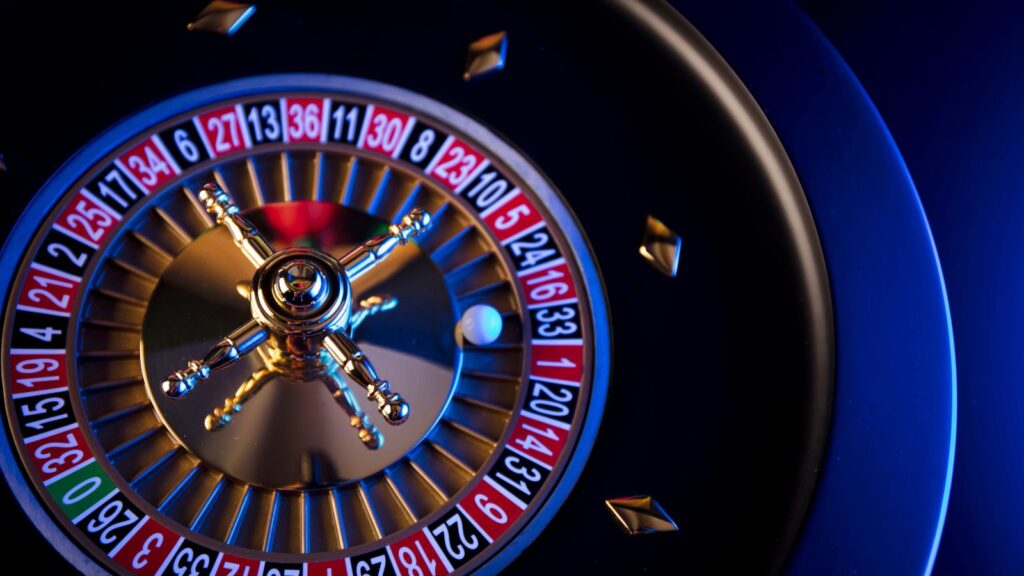The first time I suspected a rigged game, I was spinning a flashy slot that never gave a bonus. When I finally tried to cash out, the payout was blocked. Since then, I’ve built a simple checklist to make sure I never fall for that again.
If you’re looking for a site that’s been tested and trusted, check out 888 Bet MZ. It’s licensed and focuses heavily on mobile play, so you can deposit, withdraw, and game straight from your phone. The platform also runs daily promos, a four-level VIP Club, and hosts over 2,200 titles from well-known providers like Pragmatic Play, Ezugi, and Spinomenal.
My Proven Ways to Tell Legit Casinos from Scammers
Here comes a quick list I follow before I trust any gambling site with my money:
1. Check the Casino’s License
The very first thing I do is scroll straight down to the footer. That’s where casinos usually put their license info.
A real license means at least someone is watching over them. I usually copy the license number, then check on the regulator’s site. For example, Malta Gaming Authority or UKGC have public databases where you can type in the number and see if it’s valid.
But don’t just trust the logo. Anyone can paste an image of a “license badge.” If the number doesn’t check out, I walk away.
2. Look at the Game Providers
Another quick test is looking at the games. If I see familiar names like NetEnt, Pragmatic Play, or Play’n GO, I breathe easier.
But if the lobby is full of titles I’ve never heard of, all with weird names and no provider listed, that’s when I get cautious.
Once, I joined a site where every game was “in-house.” The graphics were okay, but after 200 spins I realized the wins were almost scripted.
3. Test the RNG and Payouts
Every legit game runs on RNG (random number generator). I think of it as a digital dice roll. If the dice is fair, you get random results. If not, you’re cooked.
I don’t just trust the word “RNG certified.” I test it myself. I spin 50–100 times in demo mode and jot down what I see. If the game looks too neat (like wins coming at exact intervals), or if I never see even a small bonus trigger, I know something’s fishy.
Another good sign is third-party testing seals like eCOGRA or iTech Labs. But again, I click those logos to see if they actually link to a valid certificate.

4. Read the Bonus Terms
The bonus terms often reveal the truth. I once signed up to a casino that promised 500% on my first deposit. Then I read the fine print: wagering was 90x, cashout limit was only €100, and they had the right to void wins “at their discretion.” Total scam.
Since then, I skim the bonus terms before I deposit. I look for two things: wagering under 40x and clear withdrawal rules. If I see anything vague, I take it as a warning sign.
5. Watch the Cashouts
I deposit a small amount, play a little, and then request a tiny withdrawal (like €20). If the casino pays me quickly, good sign. If they stall, ask for endless docs, or invent excuses, I know what’s coming if I ever win big.
One site once asked me for a video of me holding my passport and today’s newspaper before they’d process my €50 cashout. That was enough for me to never log in again.
6. Check the Reviews and Forums
Before I stick with a new casino, I search its name plus “scam” or “withdrawal problem.” If the same issue keeps popping up (slow payments or blocked accounts), that’s proof enough.
But I don’t trust glowing reviews on random blogs. Many are paid ads dressed as “guides.” Reddit gambling threads feel more real because angry players don’t hold back.
7. Spot Manipulative Tricks in Games
Sometimes it’s not the casino but the game itself that’s shady. I’ve seen slots where the “big bonus” never triggers, no matter how much you spin. Or jackpots that reset in the middle of a session.
One way I test this is by playing free rounds first. If I never see a feature after 200 spins, I know what’s up.
Another trick is to track spins. If the “near misses” feel way too scripted (like bonus symbols almost landing every second spin), that’s not random. That’s psychology.
8. Use Tools That Reveal Fairness
These days, some casinos offer “provably fair” systems. Usually, that means you can check each outcome against a code (seed + hash). It’s common in crypto casinos.
I once tested a crash game this way. It showed me that every result was already generated before my bet, not after. That gave me peace of mind that the site wasn’t pulling strings.
Trust Your Gut, but Test First
I’ve lost enough money before by ignoring red flags. Now I test casinos step by step: check the license, scan the providers, skim the terms, test a small payout, and watch the game behavior
If something feels off, don’t try to “give it another chance.” Rigged casinos don’t suddenly become fair. There are plenty of good ones out there.

